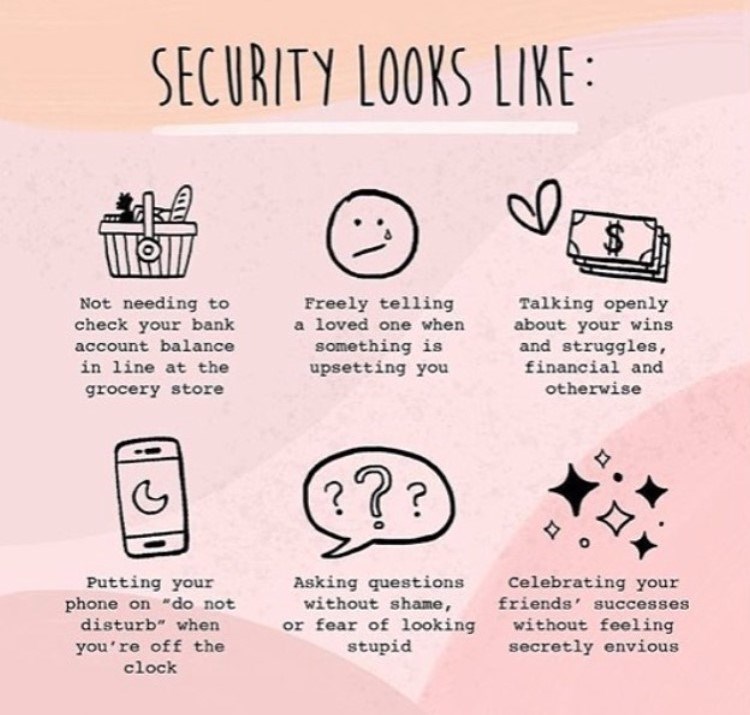For the first time in 10 years, the average net worth of Canadians has gone down, dropping by $7,594 or 1.1 per cent to $678,792, according to a report from Environics Analytics.
At the same time, the assessed value of many homes in the British Columbia has dropped. Reverse mortgages are gaining in popularity, with older homeowners tapping into their home’s equity to help fund their retirement. Ads for companies like Alpine Credit run during hockey games and cover bus shelters, seemingly even more so at this time of year. Applications for home equity loans from Equitable Bank have tripled over the past year, Andrew Moor, the company’s CEO told the Vancouver Sun.
For young first-time homebuyers, more of those rejected by the banks due to more stringent stress tests are turning to private lenders, at higher interest rates. This leaves them even more vulnerable if the prime rate increases. The statistics about a rising number of British Columbians living paycheque to paycheque is frighteningly hard to ignore.
Browsing Instagram the other day, I came across the meme “security means not checking your bank account balance in line at the grocery store.”

The post was shared by a professional woman we’d count as part of the middle class. Those who, a decade ago, you wouldn’t expect to be living so close to line, now turning to payday loans and lenders with loan rates as high as 49 per cent to cover essential expenses in between paycheques.
The promise is an “easy” life and a “fresh start” (with names like Easy Financial and Fresh Start Financial), but the offer guarantees anything but. Sky high interest rates mean that scrambling out of the situation is a constant uphill battle.
I met a woman last month at a charity event on the Downtown Eastside. A musician with a spectacular voice living on the streets. Every few weeks, she pawns her treasured guitar at one particular shop. They give her $200, and keep it in the back room for her until her welfare cheque comes in – at which point she buys it back for $260.
For someone relying on welfare, $60 is no small amount of money. This is also an interest rate of 77 per cent.
The cycle continues. Each time she worries she might not be able to afford to buy the guitar back before it’s sold to someone else.
It’s an extreme example – but payday loans are basically the same concept. And as lenders continue to make profits, the people who depend on them, no matter where they fall on the income scale, get poorer.
Ada Slivinski is the Founder & Principal of Jam PR, a boutique agency focused on helping small businesses get big exposure. You can reach her at [email protected]
SWIM ON:
- Last week, Ada Slivinski looked at property tax hikes for small businesses in Vancouver, which might be the straw that breaks too many camel backs.
- The last #BCPOLI Hotstove of 2019 featured...Santa Claus? Yes, Santa Claus.
- People talk about wanting choice in car insurance - but what would that look like, exactly? The Insurance Bureau of Canada's Aaron Sutherland peers into the possibilities.



